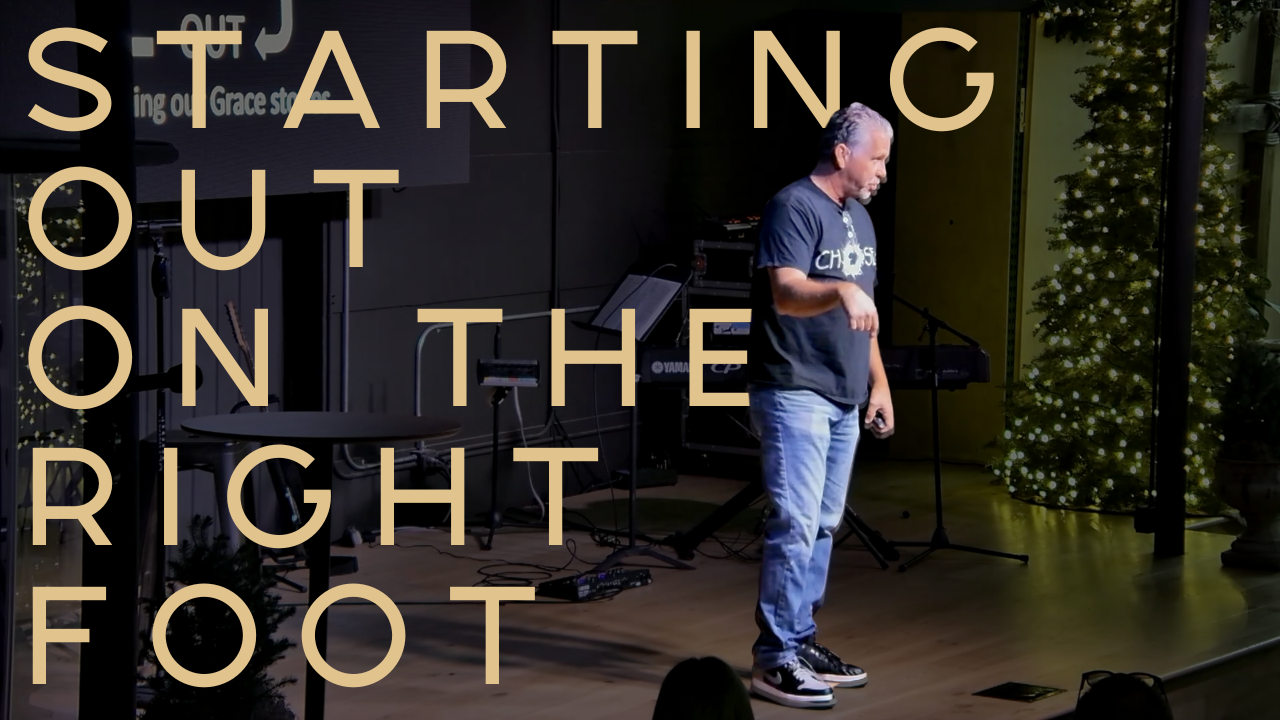

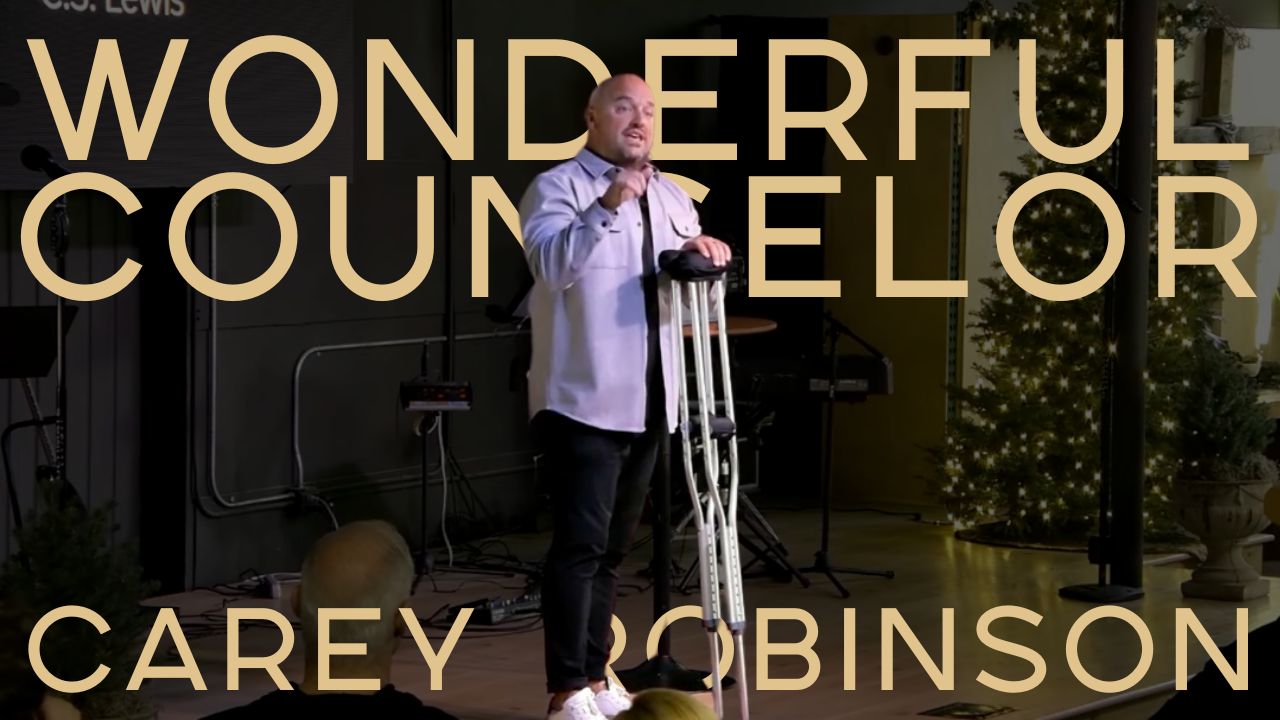

Advent: Hope, Peace, Joy & Love
Advent is a season of reflection, preparation, and celebration of Christ’s arrival. Explore how the four themes of Advent—Hope, Peace, Joy, and Love—can transform your heart and mind this Christmas season.
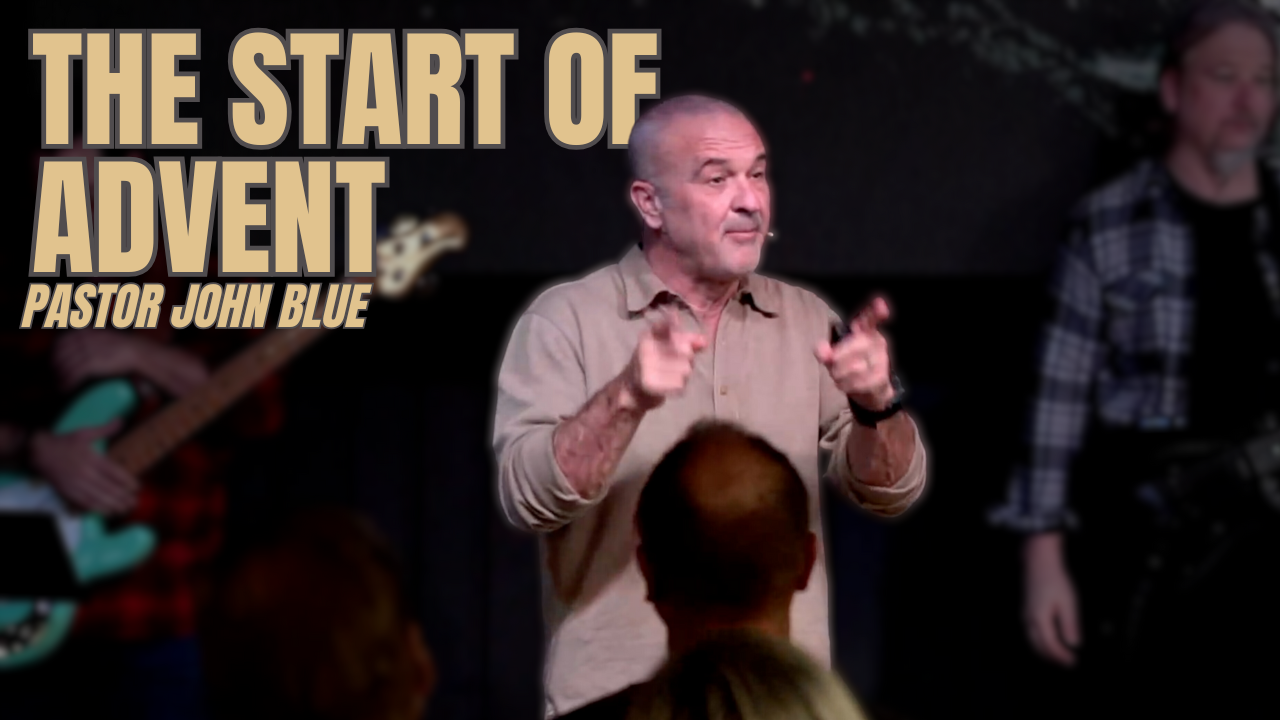
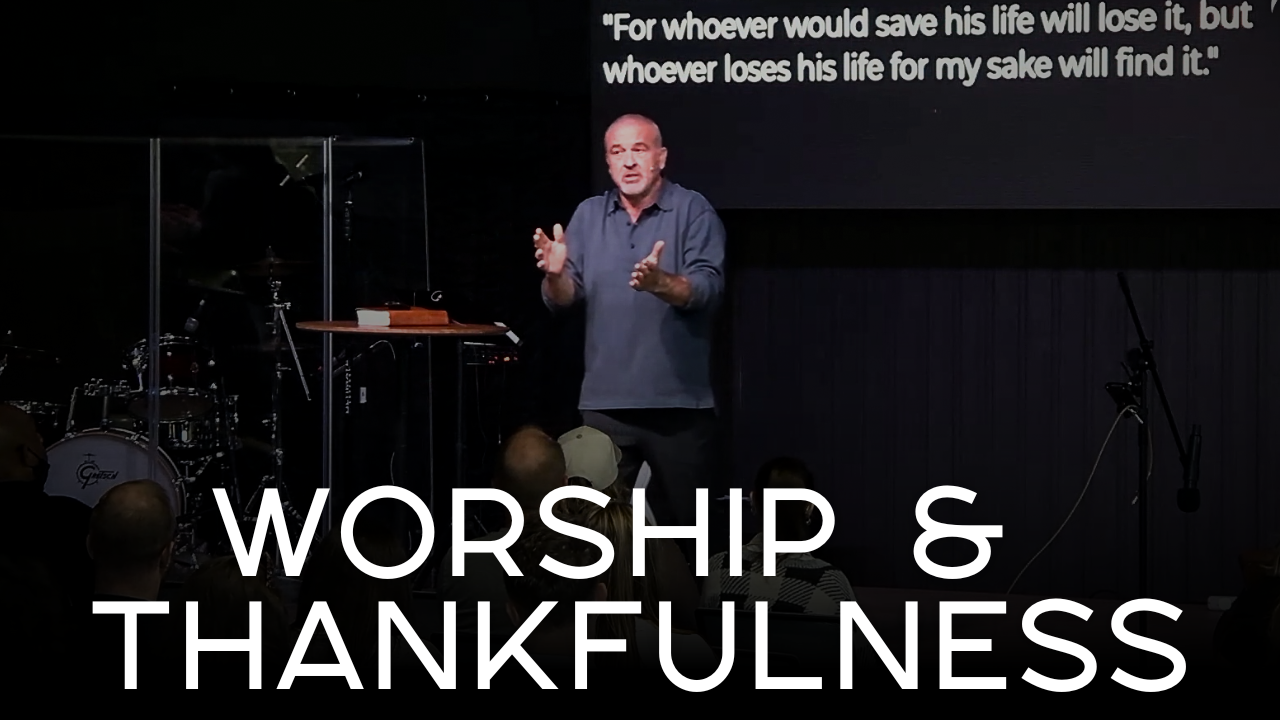
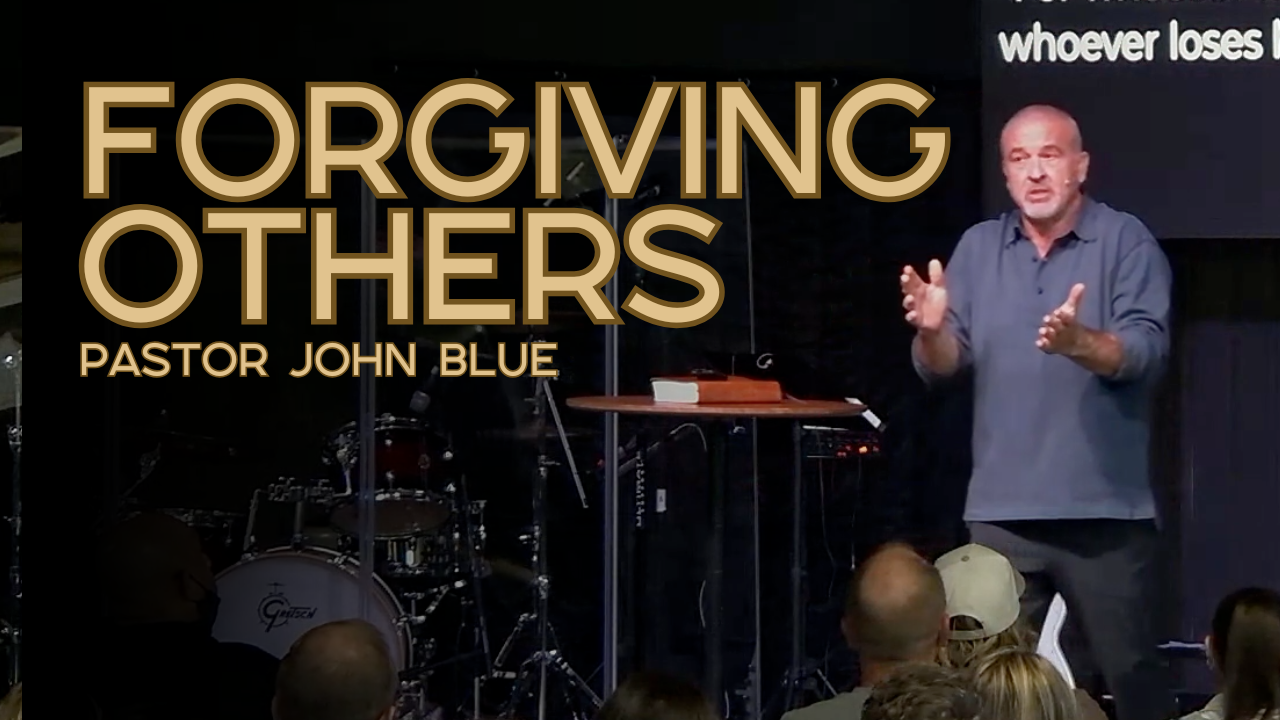
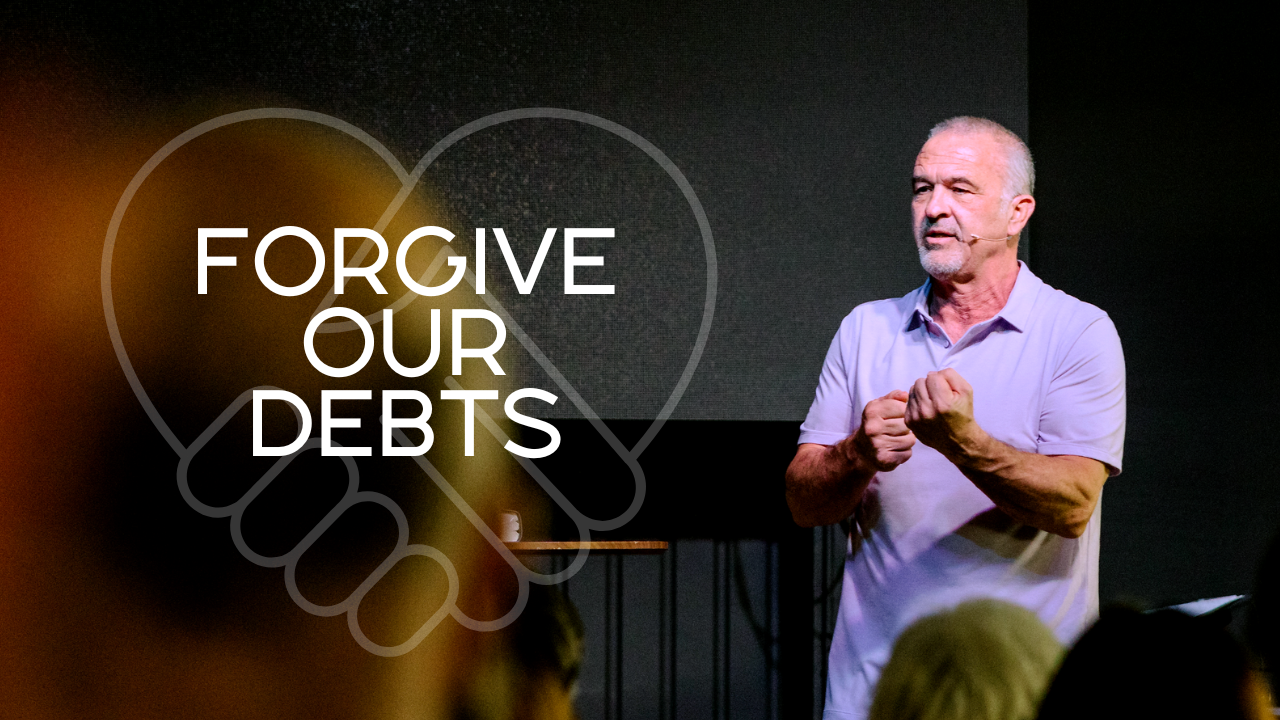





Advent is a season of reflection, preparation, and celebration of Christ’s arrival. Explore how the four themes of Advent—Hope, Peace, Joy, and Love—can transform your heart and mind this Christmas season.




